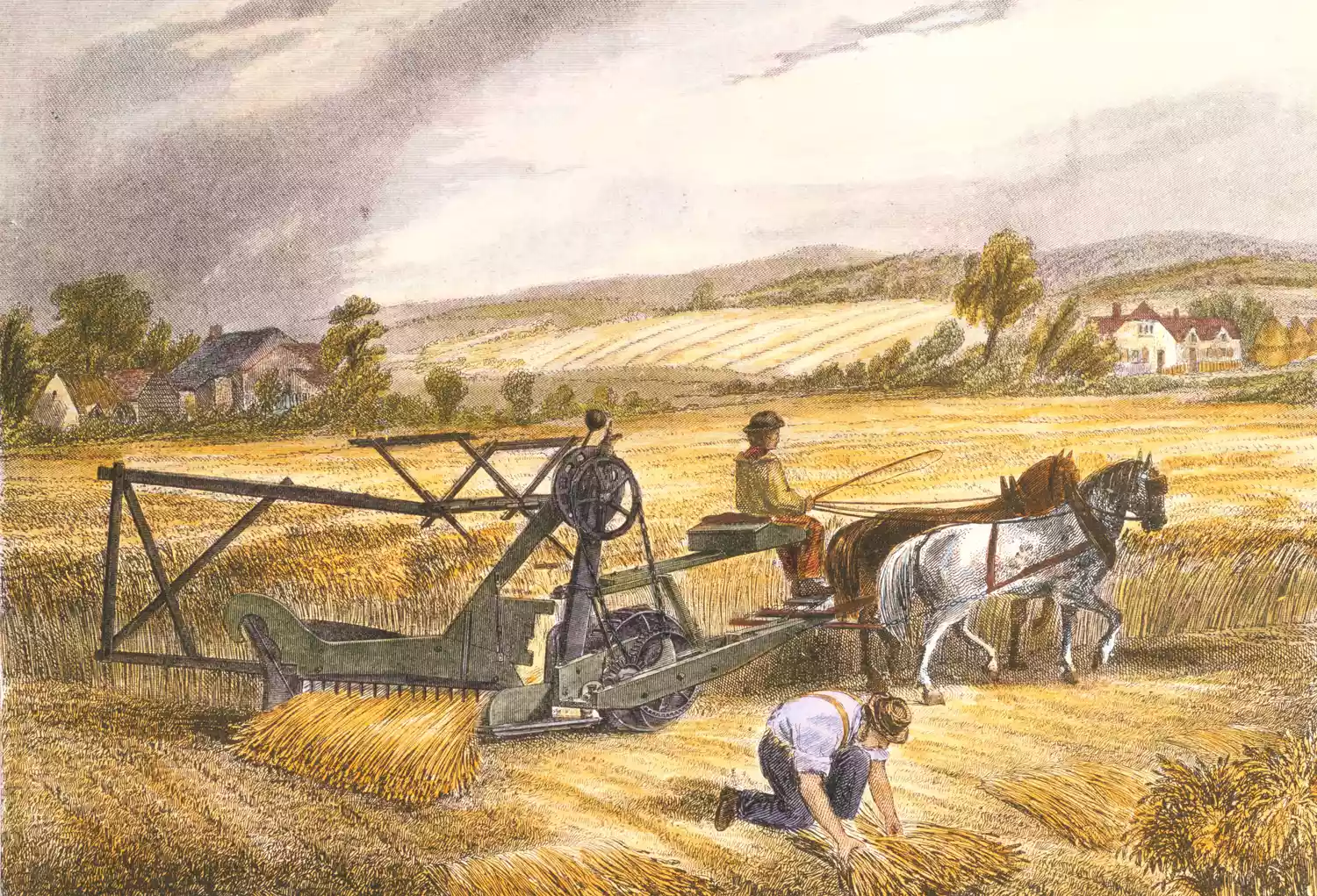Compact Mini Corn Harvester for Efficient Small-Scale Farming Solutions
Mini Corn Harvester Revolutionizing Small-Scale Farming
In the realm of agriculture, efficiency and innovation are key to maximizing yield, especially for small-scale farmers. One of the most groundbreaking advancements facilitating this change is the mini corn harvester. Designed specifically for small farms, these compact machines have proven to be game-changers in the way corn is harvested. This article explores the benefits, features, and impact of mini corn harvesters on modern agriculture.
Evolution of Mini Corn Harvesters
Traditionally, corn harvesting has been a labor-intensive process requiring numerous workers and significant time. With the advent of technology, larger combines became the norm for massive farms. However, small farmers struggled to reap the benefits of such expensive machinery due to their size and cost. Thus, the mini corn harvester emerged as a practical solution designed to fit the unique needs of smaller operations.
Key Features
Mini corn harvesters pack a plethora of features into a compact size. Typically, these machines are lightweight, easy to maneuver, and require minimal power to operate. They are designed to harvest corn efficiently, reducing the physical toll on the operators and minimizing the time spent in the field. Most models come equipped with adjustable settings to accommodate different corn varieties and field conditions, ensuring versatility.
Another significant aspect is their ability to function in smaller fields where larger machinery would be impractical. The mini corn harvester can navigate tight spaces, making it suitable for plots that are less than an acre. This adaptability allows farmers to harvest their crops evenly and effectively, without the risk of damaging the remaining plants.
mini corn harvester

Economic Benefits
The economic implications of mini corn harvesters are substantial for small-scale farmers. Firstly, the initial investment in a mini harvester is considerably lower than that of a full-sized combine. This affordability enables more farmers to invest in their operations and enhance productivity. Additionally, the reliability and efficiency of these machines lead to reduced labor costs, as fewer hands are needed to manage the harvesting process.
Operating a mini corn harvester also saves time, allowing farmers to complete their harvests swiftly before the rainy season or adverse weather conditions set in. Faster harvesting means crops can be processed and brought to market sooner, resulting in better prices and higher profit margins. Ultimately, mini corn harvesters empower small farmers to scale their operations and compete in a market often dominated by larger agricultural enterprises.
Environmental Impact
Beyond economic benefits, mini corn harvesters positively impact the environment. The compact size and design of these machines mean they can reduce soil compaction. This is crucial for maintaining soil health and reducing erosion, which is essential for sustainable farming practices. Moreover, many manufacturers are now integrating eco-friendly technologies, such as fuel-efficient engines and electric options, promoting environmentally responsible farming.
Conclusion
In summary, mini corn harvesters represent a significant leap forward for small-scale farmers. By combining accessibility, efficiency, and environmental responsibility, these machines provide a practical solution to the unique challenges faced by farmers with limited resources. As agriculture continues to evolve, mini corn harvesters will play a critical role in enabling small farmers to thrive in an increasingly competitive landscape. They not only simplify the harvesting process but also serve as a tool for empowerment, sustainability, and innovation. The future of farming looks promising with technologies like the mini corn harvester leading the way.
Latest news
-
When to Upgrade Your Old Forage HarvesterNewsJun.05,2025
-
One Forage Harvester for All Your NeedsNewsJun.05,2025
-
Mastering the Grass Reaper MachineNewsJun.05,2025
-
How Small Farms Make Full Use of Wheat ReaperNewsJun.05,2025
-
Harvesting Wheat the Easy Way: Use a Mini Tractor ReaperNewsJun.05,2025
-
Growing Demand for the Mini Tractor Reaper in AsiaNewsJun.05,2025







